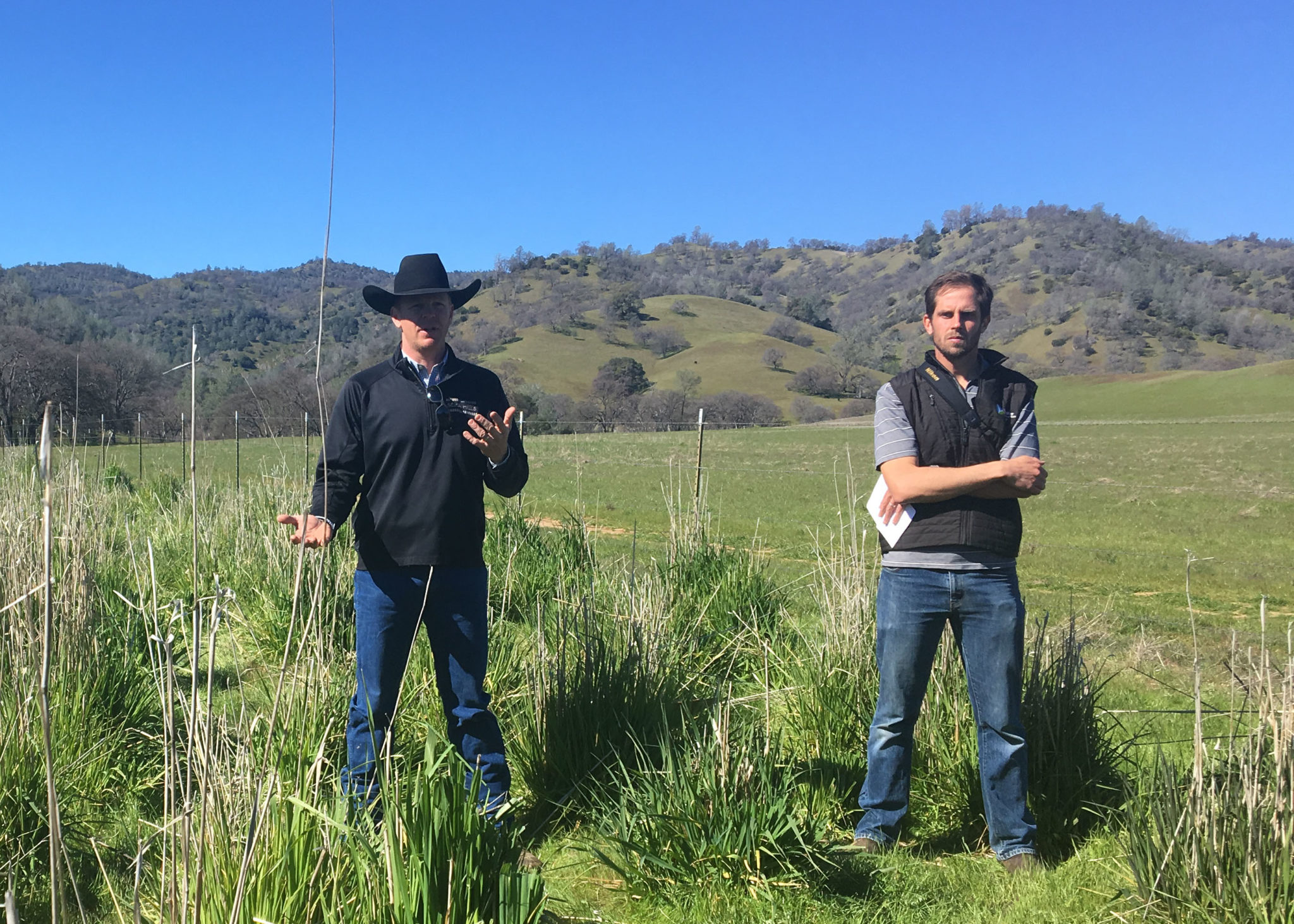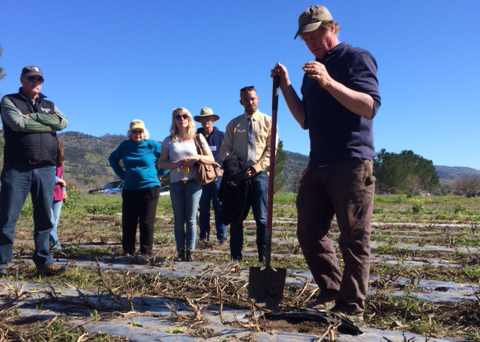 March 2, 2017
March 2, 2017
By Nina F. Ichikawa
This week was the biannual summit of the California Climate & Agriculture Network (CalCAN).* This coalition of farms, advocacy organizations, scientists, and policy experts seeks to advance climate solutions through sustainable and organic agriculture. When I first participated in CalCAN’s summit two years ago, I was struck by their “can-do” attitude (reflected in the name) towards reversing climate change, and their professional and skilled strategic approaches to achieve policy change. “No, it’s not an impossible, faraway problem,” their staff, presenters, and partners seemed to be saying. “Climate change is here and now—and we can reverse it through sustainable farming practices.” This proactive approach is what has made their progress possible. Since its inception in 2009, CalCAN has had tremendous success in advancing policy solutions here in California that reward farmers for practicing climate-friendly techniques on their farms and advocating for farmers and rural communities’ inclusion in ongoing climate change legislation, programs, and policies. Karen Ross, Secretary of the California Department of Food and Agriculture, spoke glowingly of CalCAN’s progress in supporting agricultural practices that mitigate and adapt to climate change.
Focusing on Healthy Soil

Seka Hills, a cattle ranch and farm, and Point Blue, a conservation organization, have partnered to measure the impact of sustainable grazing practices on biodiversity and carbon sequestration.
The concept of “co-benefits” was repeated often throughout the summit. In other words, practices that help mitigate climate change can also help farmers. For example, reducing the use of synthetic fertilizers and excessive tillage can help create healthier soil that sequesters more carbon, but it can also cut down on costs, minimize soil nutrient loss, and help create resilience in times of drought or flooding. For example, when farmers use cover crops that build organic matter in the soil, they can also end up attracting beneficial insects and increasing water retention. And when water is conserved, greenhouse gases can also be reduced.
On the second day of the conference, attendees had the pleasure of seeing these co-benefits in action at Seka Hills Ranch and Full Belly Farm in the Capay Valley. Seka Hills uses a sustainable grazing program for their cattle that maximizes the amount of carbon sequestered in their land. They have a partnership with Point Blue, a conservation organization, to monitor their rangeland’s biodiversity and organic carbon quantities. Their sustainable grazing program has allowed the ranch to improve the quality of their grass, thus increasing the number of cattle that their land can sustain—ultimately seeing their investments in sustainability pay-off. As Scott Park of Park Farming said the day before, “If your soil is healthy, you save money on everything—and research needs to cover this!” While the valuable co-benefits of soil health are well-recognized, more research is needed to help advocate for these practices. These benefits are being analyzed through research funded by the Berkeley Food Institute, and we hope to positively contribute to this growing field of evidence.

Paul Muller of Full Belly Farm shares his cover cropping techniques with CalCAN Summit attendees
Many of the speakers at the summit emphasized the importance of helping small farmers and ranchers realize the benefits of the CA Healthy Soils Initiative, ensuring that the funding is spread to smaller, entrepreneurial producers. CalCAN will play an important role in connecting small producers with resources that enable them to lead on critical climate change work.
Reversing climate change will depend on all of us. CalCAN is a farmer-scientist network responding to the challenge with both passion and detailed blueprints for a more sustainable California.
*BFI Executive Director L. Ann Thrupp is on the Science and Technical Advisory Council of CalCAN.